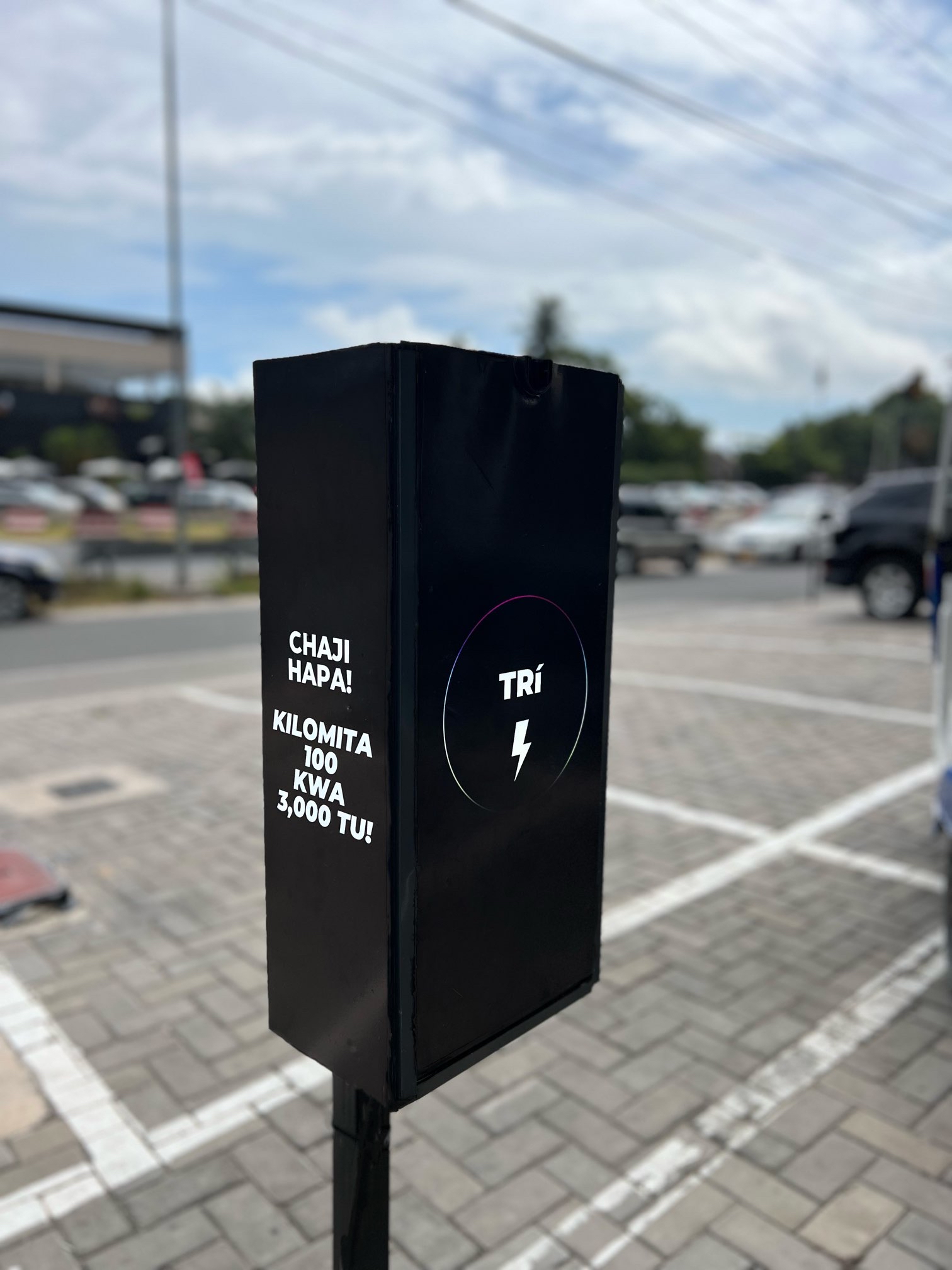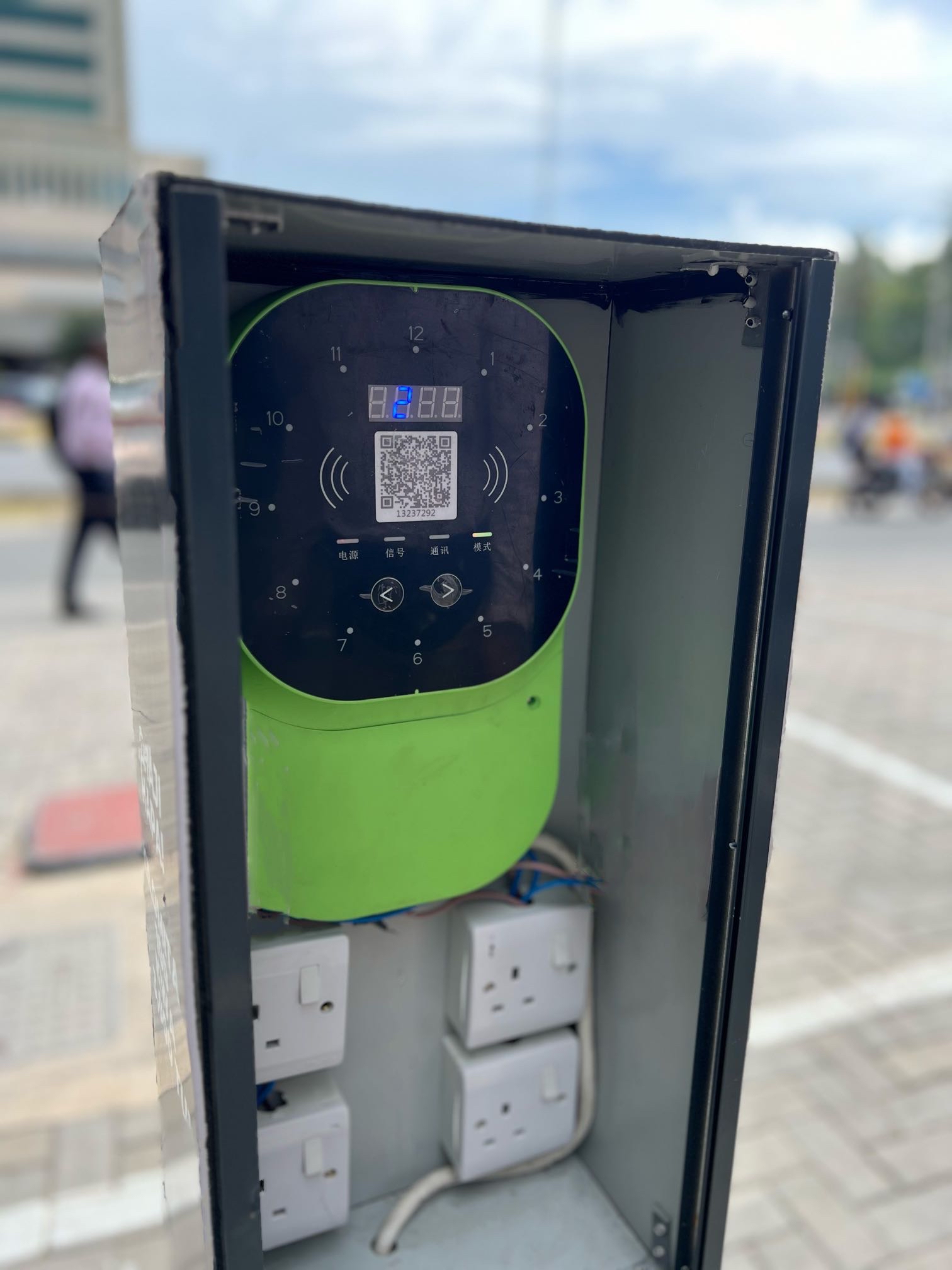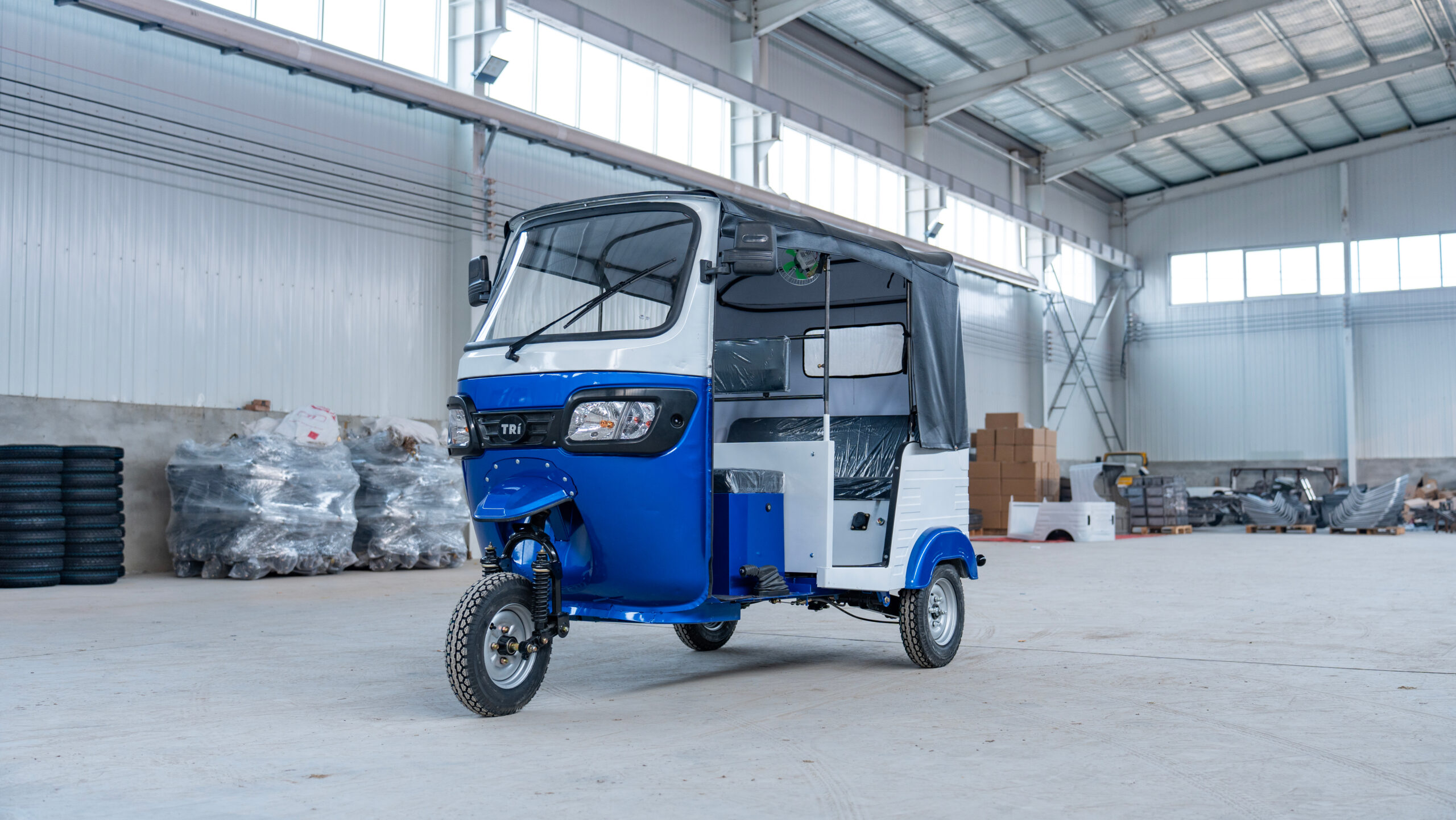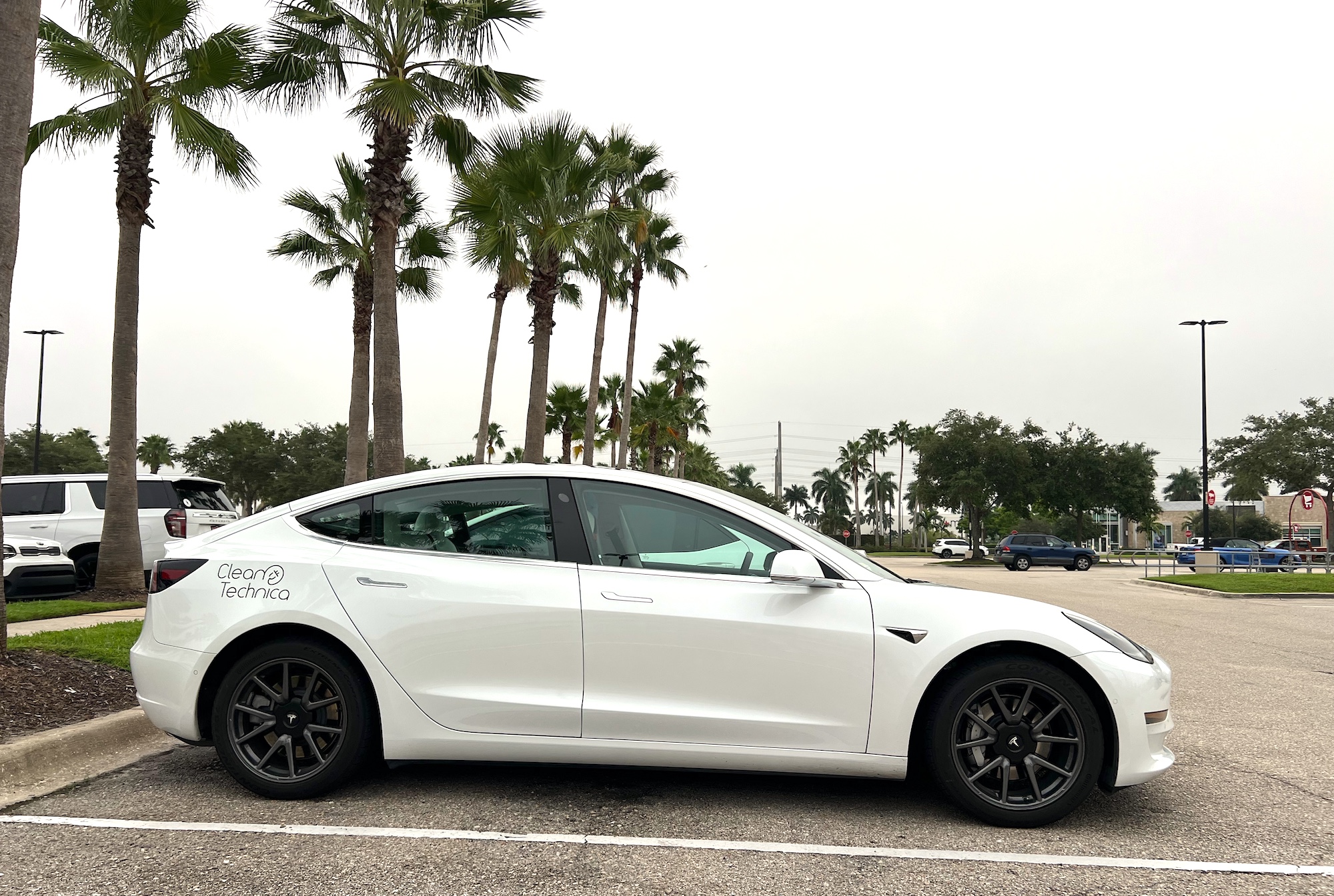Sign up for daily news updates from CleanTechnica on email. Or follow us on Google News!
DARTBRT partners with TRÍ to install electric charging stations in Dar es Salaam
Tanzania has one of the most advanced Bus Rapid Transit (BRT) systems on the African continent. Known as the DART, Dar Rapid Transit Agency began operations in 2016 and has 29 stations around Tanzania’s largest city, Dar es Salaam. At the moment, the buses are internal combustion engine based. Hopefully these will be replaced with electric buses in the near future. There is good news right away, though. In a significant step towards promoting sustainable transportation in Tanzania, the (DART) has signed a landmark contract with TRÍ to install an advanced electric charging system within the DART infrastructure. This development, announced on August 22, 2024, underscores DART’s commitment to environmental conservation and sustainable urban mobility.
The contract, signed under the auspices of the Solution Plus project, which champions clean energy in transportation, will see the installation of charging stations specifically designed for electric two-wheelers and three-wheelers. These vehicles, which are becoming increasingly popular for their efficiency and environmental benefits, will now have dedicated charging points at key DART locations.
Ms. Delfina Mathias, the Project Coordinator for Solution Plus and DART’s Manager of Transport Systems and Infrastructure Development, highlighted the importance of this initiative. She noted that this project is a critical part of DART’s efforts to enhance “last mile connectivity” — ensuring that commuters can seamlessly transition from DART buses to other forms of transport powered by clean energy.
“This project is crucial for addressing last mile connectivity, allowing customers to easily access our DART infrastructure with clean energy transport options. This initiative is also a key step in our battle against environmental pollution,” said Ms. Mathias.
The charging stations will be strategically placed at locations including the Ubungo Depot, Gerezani Main Station, and Morocco Station, with plans for an additional station at the Magufuli Bus Terminal.
Ms. Mercy Kitomari, Policy and Advocacy Lead at TRÍ, confirmed that the installation of these charging stations started on September 1, 2024, with an expected completion timeline of three months. “We aim to install charging stations that are easily accessible for users of electric gutas, motorbikes, and bajajis, enabling them to charge their vehicles and continue their cargo and passenger transport businesses efficiently,” she stated.
There is a growing population of electric two-wheelers and three-wheelers in Tanzania used for both personal transportation, taxi operations, as well as general logistics. TRÍ is one of the leaders in this space. For example, TRí’s E2, the second generation of its 3-wheeler, in Tanzania has the following specs:
- 100 km+ range at 40 km/h average speed
- 55 km/h top speed
- 4 kW electric motor
- 8 kWh LFP battery
- 5 hour charging time (onboard charger)
- Fully digital display with rear camera for easier parking
- Heavy duty suspension to handle the roads in most places
- Battery warranty is 2,000 cycles
The charging stations will cater to electric vehicles from all operators not just TRÍ. This is a great development for Dar es Salaam, which will stimulate adoption of electric two- & three-wheelers for first- and last-mile applications. As the number of larger electric vehicles such as cars, trucks, and ultimately buses grow, I hope the program will be expanded to include provisions to charge these larger vehicles.
Images courtesy of Tri
Have a tip for CleanTechnica? Want to advertise? Want to suggest a guest for our CleanTech Talk podcast? Contact us here.
Latest CleanTechnica.TV Videos
CleanTechnica uses affiliate links. See our policy here.
CleanTechnica’s Comment Policy






.jpg)

